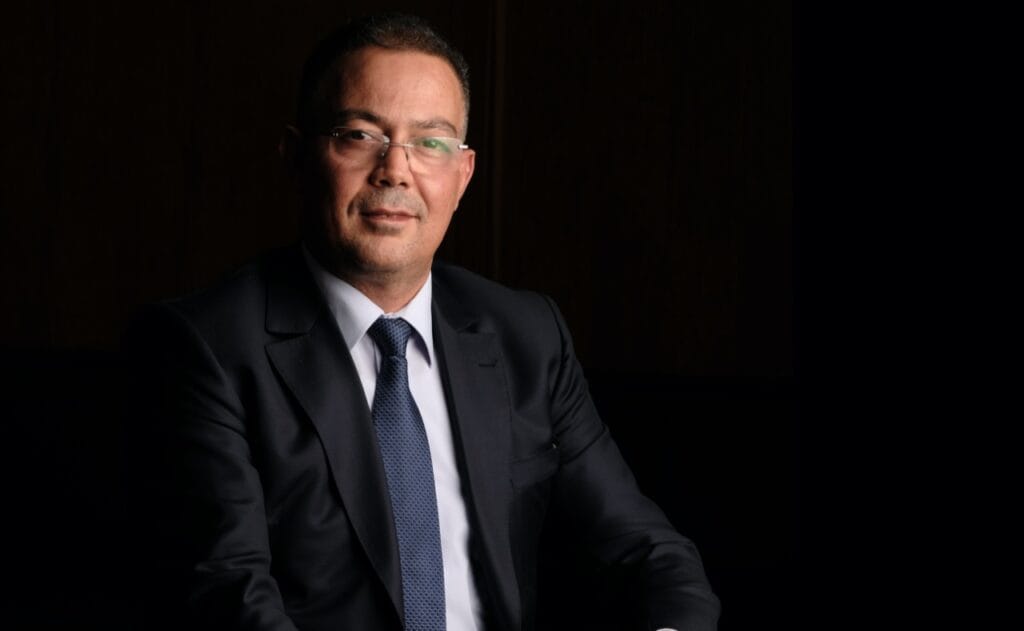Morocco has big plans for the 2030 World Cup. Through this global event, which it will co-organize with Spain and Portugal, the Kingdom aims to assert a clear ambition: to combine sporting excellence, social inclusion, and environmental exemplarity. In Benguérir, during a conference at Mohammed VI Polytechnic University (UM6P) themed “2030 World Cup, World Climate,” Fouzi Lekjaa, president of the Royal Moroccan Football Federation (FRMF) and minister delegate in charge of the Budget, presented Morocco’s vision for a World Cup rooted in the requirements of sustainable development.
Speaking through Tarik Najim, secretary general of the FRMF, Mr. Lekjaa emphasized that this competition represents a historic opportunity to drive a profound transformation of the country: urban, economic, social, and also ecological. This dynamic aligns with the orientations of the New Development Model, aiming to make Morocco a reference player in sustainable sports on the African continent.
The Moroccan project is based on three major pillars: massive investment in renewable energies to power sports infrastructures, innovative management of water resources, and an efficient waste treatment system that includes composting and material recovery. All of this is supported by inclusive governance that mobilizes territories, local expertise, and innovative financing such as carbon finance.
“We want to make the World Cup a catalyst for change. It is an opportunity to demonstrate that sport and climate can move forward together,” stated the president of the FRMF. He also stressed the importance of involving non-host regions so that the benefits of the World Cup reach the entire country.
This integrated and ambitious approach has been praised by several international partners. Mark Bowman, vice president of the European Bank for Reconstruction and Development (EBRD), described the Moroccan strategy as “exemplary,” highlighting the coherence between sporting objectives, social inclusion, and green transition. He specifically mentioned the Green Cities program and the issuance of green bonds by Agadir and ONCF as concrete evidence of a structuring commitment.
The same sentiment was echoed by the United Nations Development Programme (UNDP). Its representative in Morocco, Ilaria Carnevali, praised an initiative that gives sport a driving role in the fight against climate change: “Morocco is showing the way. This World Cup can become a global model of sustainability, with lasting positive effects on territories and future generations.”
In addition to statements of intent, the meeting in Benguérir provided an opportunity for in-depth discussions around three key themes: sustainable infrastructures, green financing, and low-carbon mobility. Experts, public officials, international institutions, and sustainable development actors all contributed to enriching the reflection on what a spectacular yet responsible World Cup could look like.
With 2030 in sight, Morocco is charting a clear course: to make football a lever for ecological and social acceleration, meeting global expectations.


